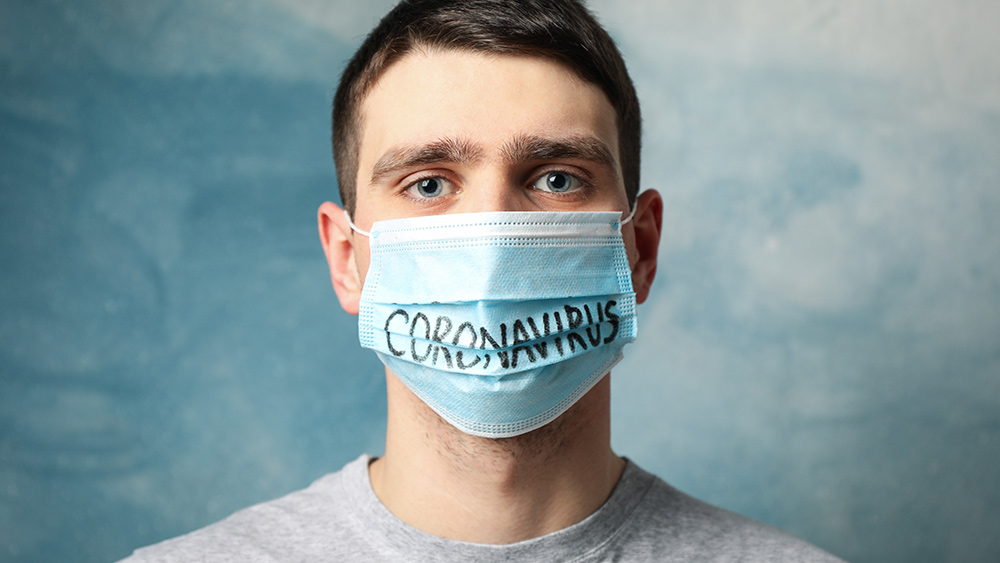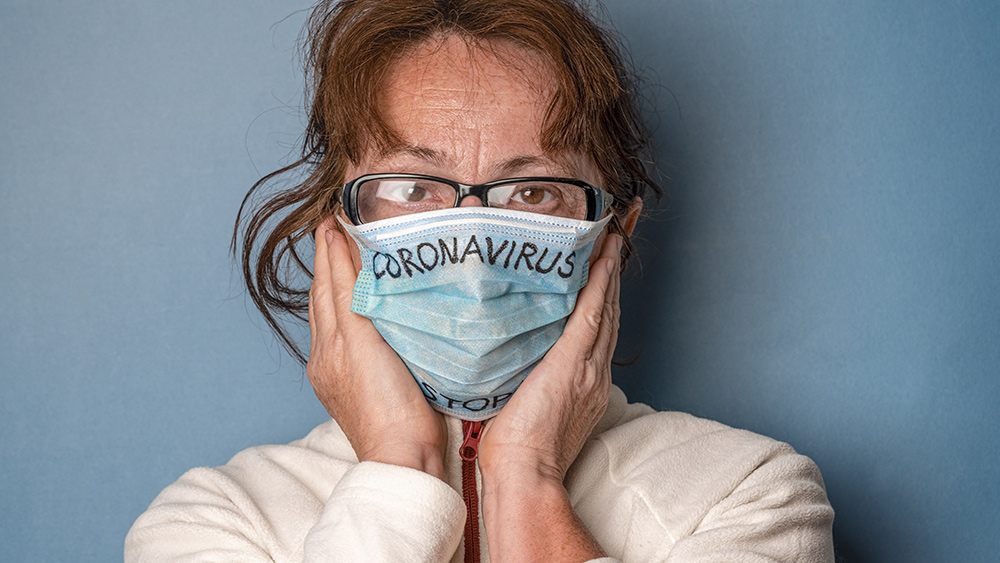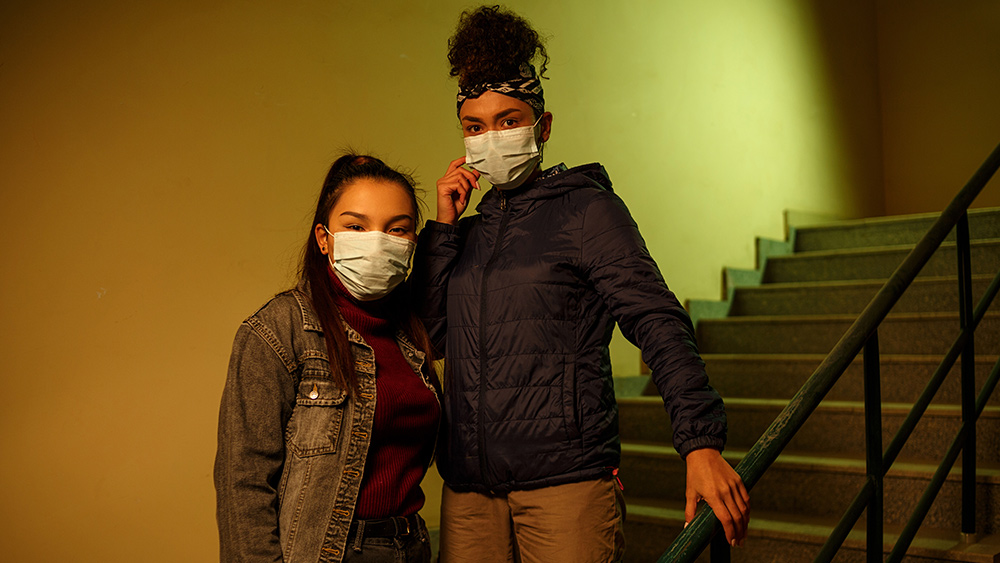NHS: Healthcare facilities across the UK will struggle if more than 28 patients need severe respiratory failure treatment
03/03/2020 / By Darnel Fernandez

As the world scrambles to prepare and combat the growing coronavirus outbreak, England reportedly has only 15 available beds for adults to treat the most severe respiratory failures. The U.K. government and the country’s National Health Service (NHS) report that healthcare facilities will experience struggles to cope with an influx of patients should the number of coronavirus cases rise.
The Guardian reported that these 15 available beds for adults — spread among five health centers across England — are specifically for extracorporeal membrane oxygenation (ECMO) treatment. According to The King’s Fund, an independent charity organization, even NHS beds used for other health problems, like general diseases and mental illnesses, were halved over the past 30 years, going from 299,000 to about 142,000 beds.
While the government claims that the number of beds could be increased during an emergency, similar to the 30 beds provided during the 2018-19 winter flu season, the NHS claims that their systems will find it difficult to cope if more than 28 patients need this specific treatment.
This suggests that if there are no beds available to handle an influx of patients in the U.K., the country would have to source additional beds from institutions from other nations like the Karolinska Institute in Sweden.
ECMO treatment is often only used in extreme cases of respiratory failure when other types of treatment won’t work. It makes use of an artificial lung outside of the body to pump oxygen into the patient’s bloodstream and continuously pump the blood throughout their body. This particular treatment has been used in China – ground-zero for the novel coronavirus – with the government recently ordering more equipment from Germany. (Related: How can the USA be named “most prepared” for the coronavirus pandemic when virtually ZERO Americans were tested because there were no testing kits?)
“Since April 2013, NHS England has commissioned a total of 15 adult respiratory extracorporeal membrane oxygenation beds from five providers in England, with further provision in Scotland. In periods of high demand, capacity can be increased,” said Jo Churchill, a health minister, in response to a question about coronavirus preparedness last week.
The ministers also revealed that the U.K. gathered eight “high consequence infectious disease” beds and about 500 regular “infectious disease” beds since the beginning of February. However, Jon Ashworth, the shadow health secretary, questioned the preparedness of the NHS to deal with a sudden influx of coronavirus cases.
“After years of Tory austerity, we know we’ve lost well over 15,000 beds since 2010,” he said. “We know that last week critical care bed occupancy was running at over 80%. There are serious questions about whether the NHS has the resources, the staff and the capacity to provide the care that’s needed should this seriously escalate.”
An NHS spokesperson responded to Ashworth’s claims, saying that the ECMO treatment is only suitable for very small, specific cases for adults and that their organization is constantly monitoring demand for this particular type of care and could quickly expand their provisions of these ECMO-equipped beds.
Preparations for coronavirus
On Friday night, the 20th patient in the U.K. tested positive for coronavirus, which health experts claim as the first transmission within the country. This has prompted health chiefs to draw up a “battle plan” to contain a possible outbreak of the virus. The plan, due to be published this week, warns that all critical care services could be at risk of being overwhelmed by the pandemic.
The Telegraph reports that officials express fears that about 70 percent of Britons could develop the virus — and about 15 percent of them could be heading straight to the hospital. However, many of these people will likely contract a milder version of the disease, only experiencing cough, fever and muscle aches. Additionally, the plan states that the government will work double-time to bring forward emergency legislation that could help speed up body disposal and allow children to be taught in large classes, should a large number of teachers get sick.
The government also called off its boycott on BBC Radio 4’s Today radio program, claiming that the ministers need to update the public on the spread of coronavirus. However, health ministers are still restricted to discussion coronavirus until it is properly understood.
As of writing, Natural News estimates more than 350,000 cases of COVID-19 virus infections worldwide, with about 35,000 dead from the disease. Learn more about the ongoing outbreak at Pandemic.news.
Sources include:
Tagged Under: coronavirus, covid-19, current events, healthcare facilities, hospital beds, infection, infectious diseases, novel coronavirus, outbreak, pandemic, Public Health, public safety, viral infections



















